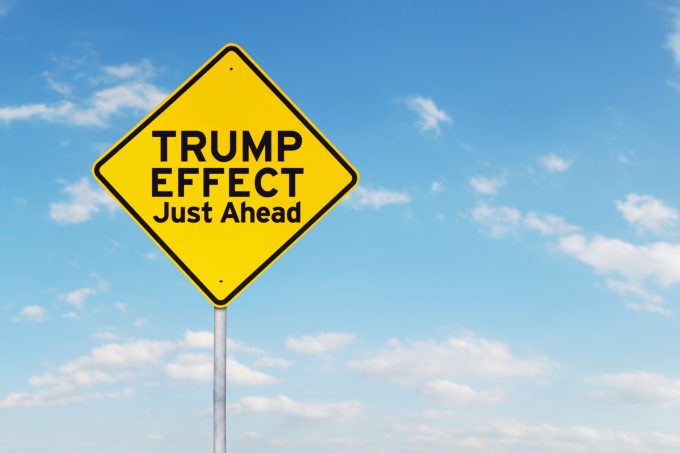Trump will have a 'heavy impact on container volumes', warns Wan Hai chief
US president-elect Donald Trump’s policies will have a heavy impact on container volumes and supply ...
FDX: ABOUT USPS PRIVATISATIONFDX: CCO VIEWFDX: LOWER GUIDANCE FDX: DISRUPTING AIR FREIGHTFDX: FOCUS ON KEY VERTICALFDX: LTL OUTLOOKGXO: NEW LOW LINE: NEW LOW FDX: INDUSTRIAL WOESFDX: HEALTH CHECKFDX: TRADING UPDATEWMT: GREEN WOESFDX: FREIGHT BREAK-UPFDX: WAITING FOR THE SPINHON: BREAK-UP ALLUREDSV: BREACHING SUPPORTVW: BOLT-ON DEALAMZN: TOP PICK
FDX: ABOUT USPS PRIVATISATIONFDX: CCO VIEWFDX: LOWER GUIDANCE FDX: DISRUPTING AIR FREIGHTFDX: FOCUS ON KEY VERTICALFDX: LTL OUTLOOKGXO: NEW LOW LINE: NEW LOW FDX: INDUSTRIAL WOESFDX: HEALTH CHECKFDX: TRADING UPDATEWMT: GREEN WOESFDX: FREIGHT BREAK-UPFDX: WAITING FOR THE SPINHON: BREAK-UP ALLUREDSV: BREACHING SUPPORTVW: BOLT-ON DEALAMZN: TOP PICK

US port operators will be focused on the results of tomorrow’s elections, concerned that potential tariff policies could upend their business models.
With the polls placing the main presidential candidates neck and neck, sources across US supply chains have told The Loadstar that many shippers were organising their inventories on the basis of a Trump victory, as worry grows over his tariff pronouncements.
Describing ‘tariff’ as “the most beautiful word in the world”, the Republican candidate said he would implement a 60% tariff on Chinese goods and 10% on all other foreign goods.
Gene Seroka, executive director of the country’s largest, and the world’s ninth-largest, container gateway, the port of Los Angeles, told The Loadstar that were this to “come to fruition, it would change the landscape of the port of LA for ever”.
Under President Biden, tariffs implemented by Mr Trump during his first term of office were largely left intact, and industry sources believe they will accompany whoever wins.
However, although Mr Trump has also touted a 100% tariff on all imported cars – and suggested some could even face 200% – any new president will target the rush of Chinese electric vehicles hitting US roads.
“Election day is being watched very closely with respect to policies on international trade, with nearshoring the number-one policy issue in debate forums,” said Mr Seroka. “A rules-based trading system in which 90% of goods move on the water is a sophisticated approach to international trade, and it is one the Democratic party is talking about.”
Indeed, Democratic candidate Kamala Harris will prioritise “de-risking” over “escalation”, he added.
She has also claimed she would leave the present tariffs in place and move towards using subsidies to encourage domestic production, like Mr Trump, Ms Harris is keen to move the US away from a reliance on Chinese manufacturing.
Should Ms Harris win, the move from China is expected to be accompanied by bilateral agreements, including the finalising of President Biden’s Indo-Pacific Economic Framework.
That move towards diversified sourcing practices may be broadly supported, but Mr Trump has also said some of the proposed “friendly” sourcing destinations would also be in his line of sight.
In May, he announced he would use tariffs, and the threat of more, on Mexico, as a means to halt migration from the country’s southern neighbour.
Comment on this article